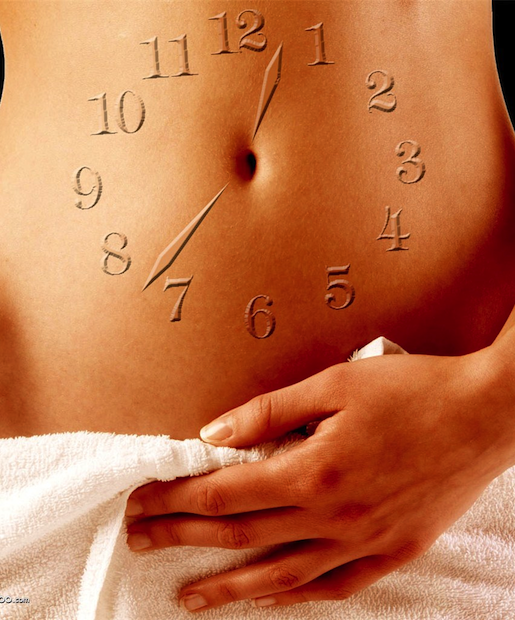Researchers at U.C.L.A. have exposed what they're calling a "biological clock" embedded in our genomes. By using it as a barometer, they were able to identify that certain parts of our bodies age more quickly than others. The
winner loser? Women's breasts. Which, lets face it, if you have breasts and you're older than 25, this really shouldn't come as much of a newsflash.
READ: The Easiest Anti-Aging Remedy Ever
"To fight aging, we first need an objective way of measuring it. Pinpointing a set of biomarkers that keeps time throughout the body has been a four-year challenge," Steve Horvath, a professor of human genetics at the David Geffen School of Medicine at UCLA and of biostatistics at the UCLA Fielding School of Public Health said via the
Daily Mail.
READ: 8 Ways to Increase Your Cup Size Without Surgery
"My goal in inventing this clock is to help scientists improve their understanding of what speeds up and slows down the human aging process."
After countless hours logged in the lab conducting tests that boggle scientific and man-on-the-street minds alike, Professor Horvath realized that this so-called clock "kept time across the human anatomy." And, while "most samples' biological ages matched their chronological ages, others diverged significantly." Namely, those of the breast.
"If a woman has breast cancer, the healthy tissue next to the tumor is an average of 12 years older than the rest of her body," which may explain why "breast cancer is the most common cancer in women".
Now, the professor is hell bent on figuring out the correlation between the clock and aging. "If [it does control ageing], the clock will become an important biomarker for studying new therapeutic approaches to keeping us young."
On behalf of all of us with aging breasts, I'd like to be the first to thank Professor Horvath for all his hard work.
For more on this fascinating topic and the studies involved, click
over to Forbes.
